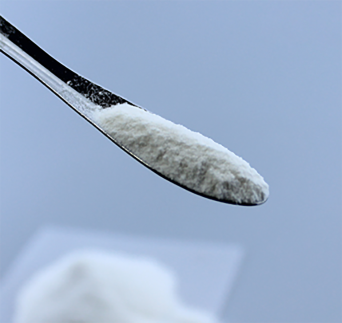
Set . 01, 2024 10:16 Back to list
what is hydroxyethyl cellulose used for
What is Hydroxyethyl Cellulose Used For?
Hydroxyethyl cellulose (HEC) is a non-ionic, water-soluble polymer derived from cellulose, a natural polymer found in the cell walls of plants. HEC is synthesized by the etherification of cellulose with ethylene oxide, resulting in a compound with a broad range of applications across various industries due to its unique properties.
One of the primary uses of hydroxyethyl cellulose is in the construction industry, where it functions as a thickening agent, binder, and film-forming agent in materials such as cement and mortar
. By improving the workability and consistency of these mixtures, HEC enhances the performance of construction materials, making them easier to apply and improving their adhesion and durability.In the realm of cosmetics and personal care products, hydroxyethyl cellulose is commonly utilized as a thickener and stabilizer in formulations such as shampoos, conditioners, lotions, and creams. Its ability to maintain viscosity and create a smooth texture enhances the sensory experience of these products. Furthermore, HEC helps to stabilize emulsions, preventing the separation of oil and water phases, which is crucial for achieving uniformity in cosmetic formulations.
what is hydroxyethyl cellulose used for

HEC is also prominent in the pharmaceutical industry, where it acts as a binding agent in tablet formulations and as a thickener in various liquid medications. Its biocompatibility and safety make it an ideal choice for pharmaceutical applications, where it aids in the controlled release of active ingredients, improving medication effectiveness.
In food technology, hydroxyethyl cellulose is used as a food additive to enhance texture and stability in various products. Its properties help in maintaining moisture, improving mouthfeel, and creating desirable textures in sauces, dressings, and other processed foods.
Moreover, HEC finds applications in the oil and gas industry, where it is utilized as a thickening agent in drilling fluids. Its ability to increase viscosity and suspend solids plays a vital role in the efficient extraction of resources.
In conclusion, hydroxyethyl cellulose is a versatile compound with applications that span multiple industries, including construction, cosmetics, pharmaceuticals, food technology, and energy. Its unique properties, such as viscosity enhancement, emulsification, and biocompatibility, make it an essential ingredient for various formulations, demonstrating its significant role in modern manufacturing and product development.
-
Unlocking the Benefits of HPMC Products: A Gateway to Versatile Applications
NewsAug.07,2025
-
Unleashing the Potential of HPMC Ashland: A Comprehensive Look
NewsAug.07,2025
-
Tile Bonding Cellulose: The Key to Superior Adhesion and Durability
NewsAug.07,2025
-
Hydroxypropyl Methylcellulose Powder: The Versatile Component in Modern Pharmaceuticals
NewsAug.07,2025
-
Hydroxyethyl Cellulose: The Versatile Solution for Various Industries
NewsAug.07,2025
-
Hydroxyethyl Cellulose (HEC): The Versatile Polymer for Various Applications
NewsAug.07,2025







